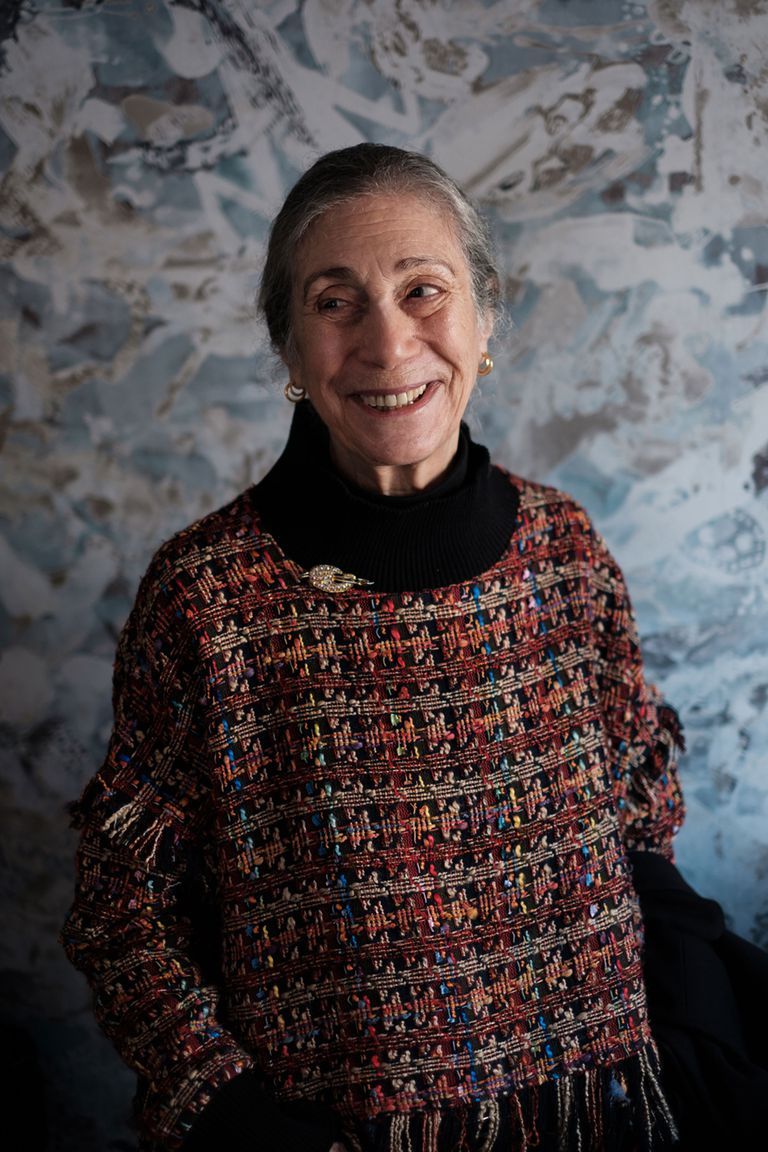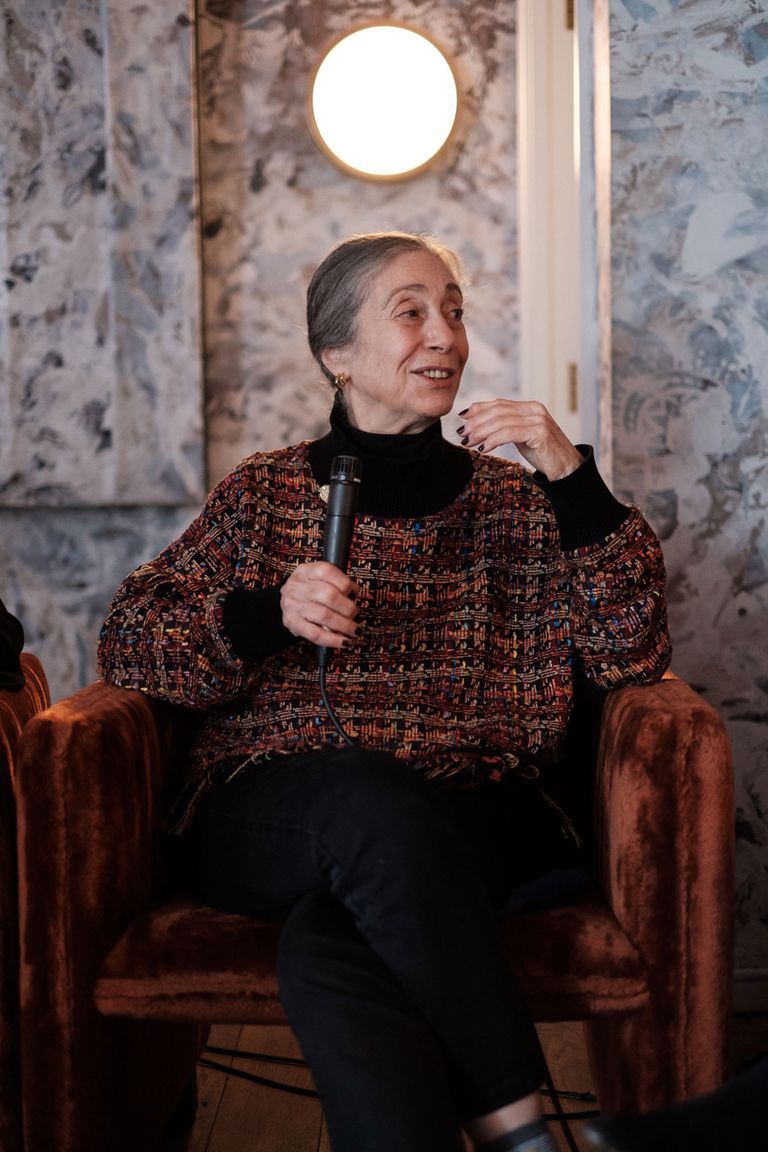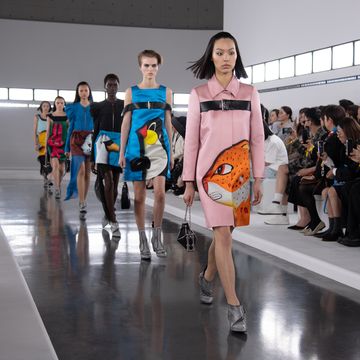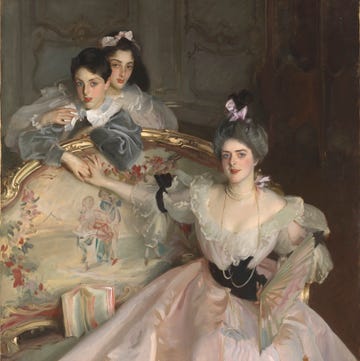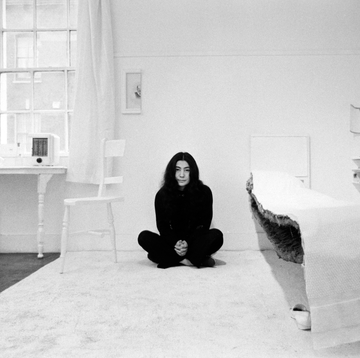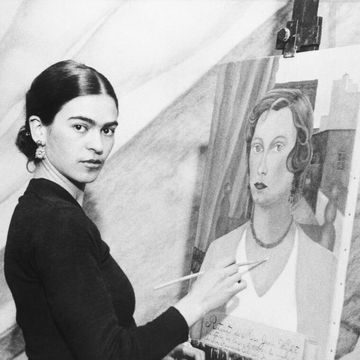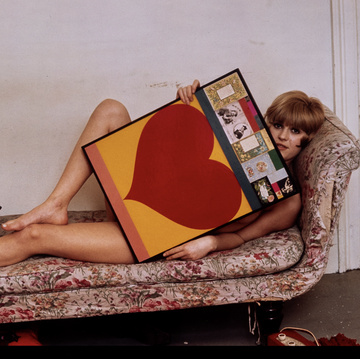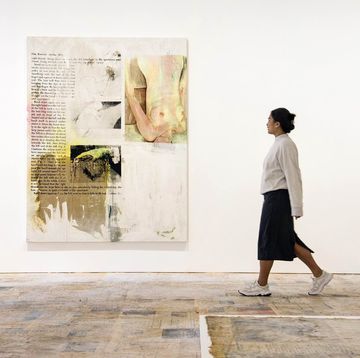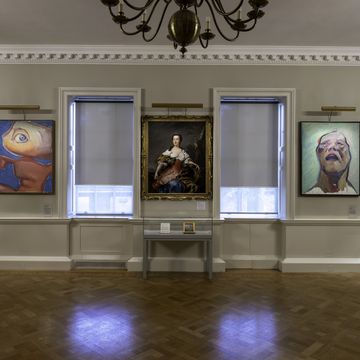Susan Hiller, the renowned multi-media artist whose work is collected by institutions including MoMA, Tate and the V&A, has died aged 78 following a short illness.
Born in Tallahassee, Florida, and a London resident since 1967, Hiller drew on minimalist and surrealist influences early on in her career, and later built on her study of anthropology in an artistic practice that incorporated installation, video, photography, writing and performance. She defined her work as ‘paraconceptual’ – a term she coined to reflect the way in which her work walked a tight-rope between the conceptual and the paranormal, exploring topics such as human consciousness, the occult, alien lifeforms and dreams, in a career spanning more than 40 years.
Hiller explored these concepts in works including Psi Girls, a meditative video installation from 1999 showing five scenes from feature-films depicting women and girls with telekinetic powers, and the controversial 10 Works (1977–79), which comprises 10 gridded blocks of 28 black-and-white photographs depicting Hiller's pregnant body. Any sentimentality of the joy of pregnancy is set against the artist’s wry journal entries from the time, excerpted to accompany the images, as Hiller becomes both the subject and the object of her work, allowing herself to scrutinise and be scrutinised.
Ever since Hiller’s first exhibition in the capital in 1973, when she presented two works, one under her own name and one under the pseudonym Hace Posible (Spanish for ‘make it possible’), the artist’s deft determination to alter mainstream perceptions has been clear.
Last October Hiller joined a panel of artists for a talk entitled ‘Where Are All the Women Artists?’ as part of Bazaar Art Week. Kate Bryan, the head of collections at Soho House, introduced the artist by celebrating what made her work so unique. “What I love about Susan’s practice is that it’s so difficult to categorise and define," she said. "Susan has this really interesting way of exploring people who have ideas that, on the whole, society rejects. Maybe you believe in the supernatural, or you saw a UFO. We deny these people their experience – but it is an experience. It’s their truth, their reality.”
Hiller further gave voice to this idea herself. “A women's experience is never seen as the mainstream experience," she said at the event. “A good friend of mine, an artist, said to me: ‘No one wants to be remembered for being forgotten.’ That’s really true. And no one wants to be praised for being a black artist, or a woman artist. Art is art.”

